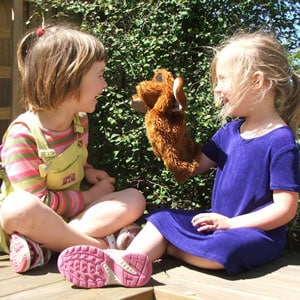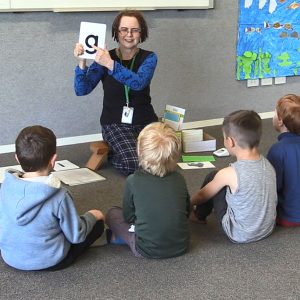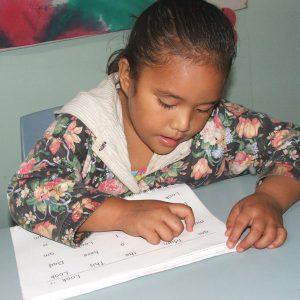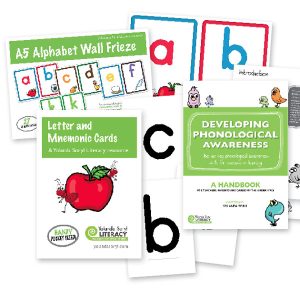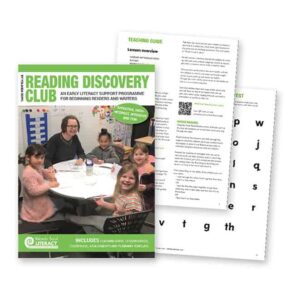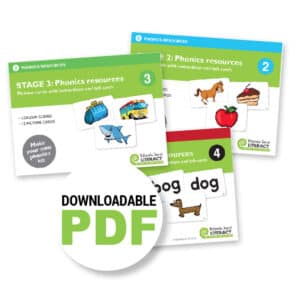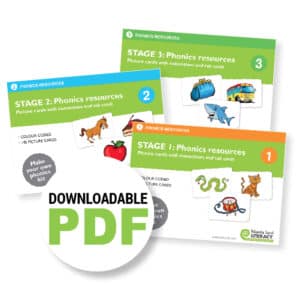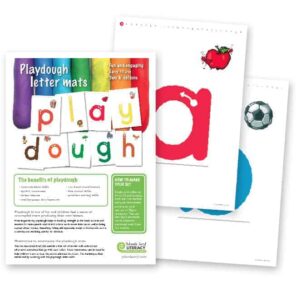EARLY CHILDHOOD EDUCATION
Setting children up for success in literacy
Research shows that it is the early years where children develop the vital early literacy skills needed for eventual success in reading and writing.
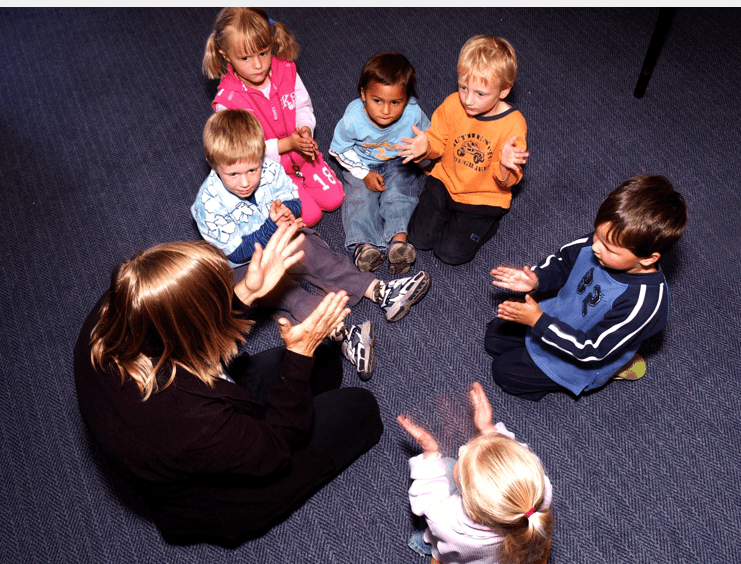
Phonological awareness
From birth, we can help children develop their vital phonological awareness skills with short fun activities such as rhyming, singing, listening, reading to and talking with children about sounds. For children aged 0-4+.
[showhide type=”show1″]
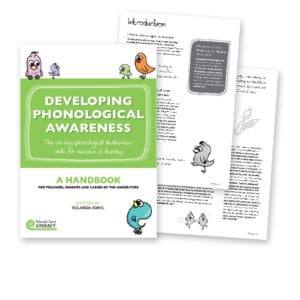 COURSES AND HANDBOOK
COURSES AND HANDBOOK
Check out our Developing Phonological Awareness handbook and/or, do the on demand video course or arrange an in service to teach you how to develop phonological awareness skills with your tamariki.
A copy of the Developing Phonological Awareness handbook is sent out to each course participant and is included in the course cost.
CLICK HERE find out more about Developing Phonological Awareness.
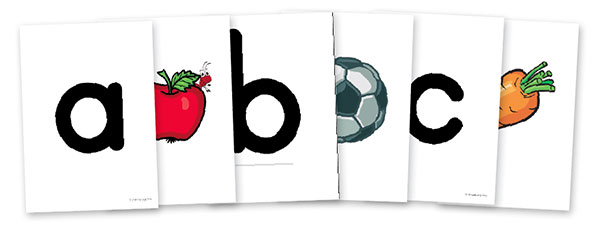
The alphabet
Once phonological awareness skills are established, if children are interested and ready, they can experience the alphabet, learning how to hear, and perhaps read and write, the letter sounds. For children aged 4.5-5+.
[showhide type=”show2″]
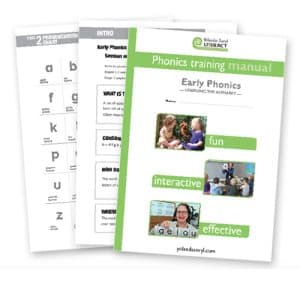 Check out our Early Phonics course to learn how to introduce and teach the sounds and letters of the alphabet. You will be given learning options for students at different levels of readiness.
Check out our Early Phonics course to learn how to introduce and teach the sounds and letters of the alphabet. You will be given learning options for students at different levels of readiness.
When you enrol in the course, you will be able to download the Early Phonics – Learning the Alphabet teaching manual which is only available to course participants and is included in the course cost.
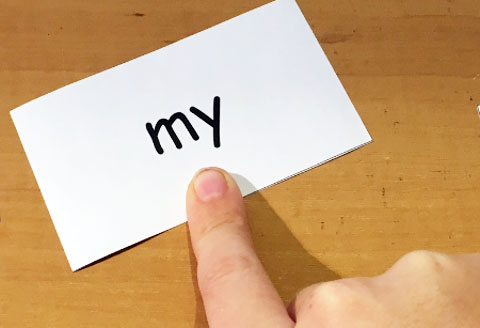
Basic sight words
Graphic knowledge, the ability to recognise a word from visual memory alone, is another essential pre-reading skill. Once children can read their name, they can learn other common words by sight. For children who can read their name aged 4.5-5+.
[showhide type=”show3″]
The Early Words programme teaches children at their level, one-to-one, in a short daily fun lesson where not only a basic sight vocabulary is learnt, but children learn how to learn.
Check out our Early Words course to learn how to teach the programme.
You don’t need the Early Words manual to do the course, but you will need it to implement the programme afterwards. Course participants are offered a discount (see below) if they buy the manual.
-
Reading Discovery Club
$25.00 -
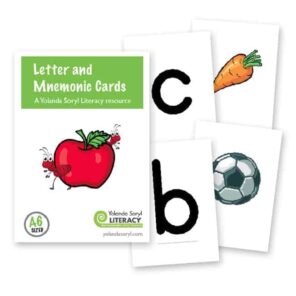 View options This product has multiple variants. The options may be chosen on the product page
View options This product has multiple variants. The options may be chosen on the product page -
DIY Playdough Letter Mats
$15.00

